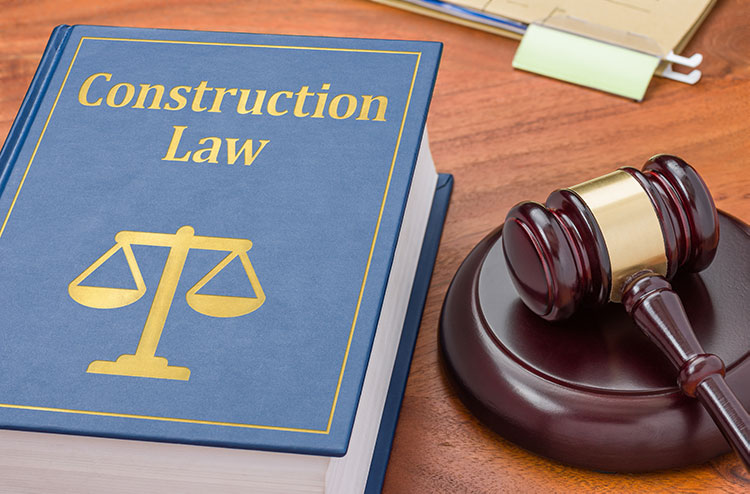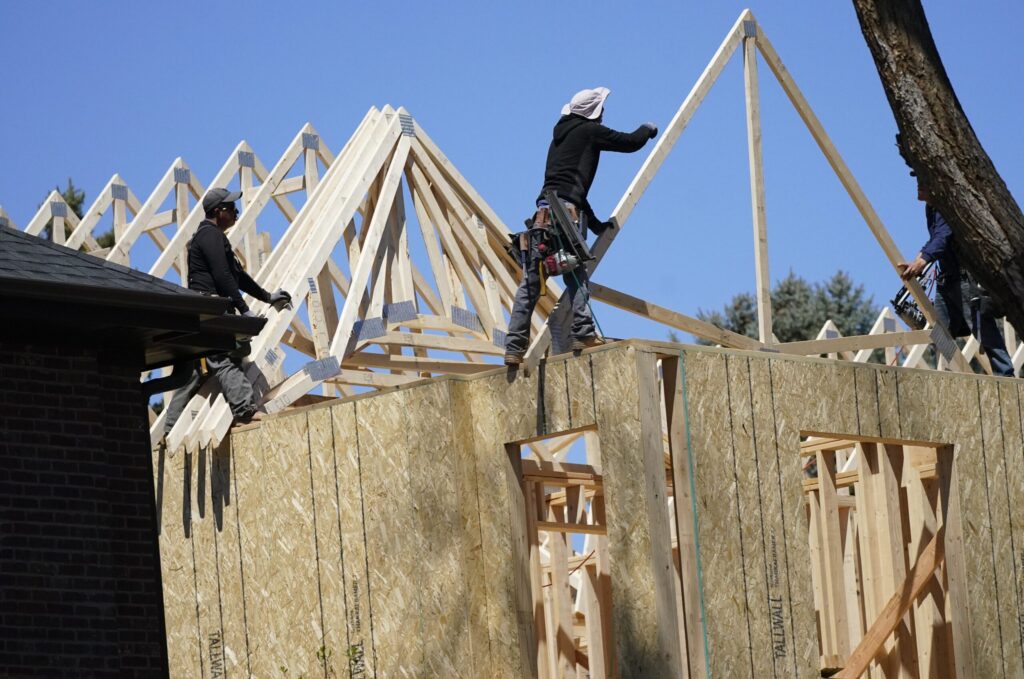California imposes very specific requirements on contractors who draft, prepare, and submit home improvement contracts to consumers. If a contractor fails to meet the minimum requirements then their home improvement contracts are potentially illegal, unenforceable, and the contractor could lose the benefits the home improvement contract was designed to provide them.

Notwithstanding the granite countertops, the cabinets, or the carpet, the contractor you choose is the most important decision in the entire home improvement project. A very easy way to tell if you are dealing with a true professional contractor is by looking at their proposed home improvement contract very carefully. When I say carefully I mean to take the document and have a competent attorney review it. The home improvement contract will tell you a lot of information about the contractor without even having to speak with them. For example, California Business and Professions Code 7159 et seq. has very specific requirements designed to protect consumers against contractors. If the home improvement contract does not have these minimum protections you should be very wary of the contractor whom you are about to do business with. Some of the protections are as follows:
Home Improvement Contracts Must be in Writing
A home improvement contract and any changes to the home improvement contract shall be in writing and signed by the parties;
It must include the name, business address, and license number of the Contractor;
“Home Improvement” heading must be on the home improvement contract in at least 10-point boldface type;
“Contract Price” heading followed by the amount of the home improvement contract;
“Description of the Project and Materials to be Used” heading
“Down payment” heading that states DOWN PAYMENT MAY NOT EXCEED $1,000 OR 10% OF CONTRACT PRICE”;
“Schedule of Progress Payments” heading with each progress payment stated and specifically referencing the amount of work performed and materials provided;
“Approximate Start Date” heading;
“Approximate Completion Date” heading;
“Note about Extra Work and Change Orders” heading
Commercial general liability insurance notice indicating whether or not the Contractor has insurance;
Workers’ compensation insurance notice indicating whether or not the Contractor has worker’s compensation insurance;
A mechanic’s lien warning notice describing to a consumer the issues of mechanic’s lien rights held by contractors;
Joint Check provisions wherein a consumer can make a check payable to both the contractor and the subcontractor or material supplier to protect them from being double billed;

Three-Day Right to Cancel is Required
“Three-Day Right to Cancel” notice that gives a consumer 72 hours to cancel a home improvement contract without penalties.
This above list is a few of the common items that contractors fail to include in their home improvement contracts. If one or more of these items are missing from your home improvement contract please have it thoroughly reviewed before signing it.
Additional common questions to ask the contractor include:
How long has the contractor been in business in the state? Check their license status on the contractor’s state licensing board website.
The contractor should have a business history in your area including a list of references, phone numbers and email addresses. If they can’t provide references consider looking elsewhere. Hiring a contractor to complete a project where another has gone out of business can be costly and disastrous.
Get the names and contact information for everyone, including subcontractors, sub-subcontractors and employees who will be working on your property and insist on a full-time project supervisor.
Perform Your Due Diligence before signing a Contract
There are dozens of other questions to ask during the selection process all of which are equally important. There are also other protective clauses that you can request to be included in the home improvement contract. For additional information about these areas contact a competent attorney who is familiar with construction contractor, contractors, and the contractors state licensing laws.

David currently is the broker/owner of several real estate related businesses which manage and maintain 300+ client properties on the San Francisco Peninsula.
Trust, transparency, and performance guarantees are the foundation of these businesses. David challenges anyone to find a PM professional that offers services similar - extensive education, customer service, and performance guarantees.
David also provides consulting for his clients on property development feasibility, construction, and complex real estate transactions.
David has authored a published law review article, three real estate books, and over 150+ real estate blog articles.
- “Wildfires, Insurance & Mortgages: Will Your Home Survive the Financial Aftermath?” - March 3, 2025
- What’s Driving California’s Commercial Real Estate Shakeup? - February 27, 2025
- Critical Issues in Triple Net Leases Investors Should Know - February 14, 2025

